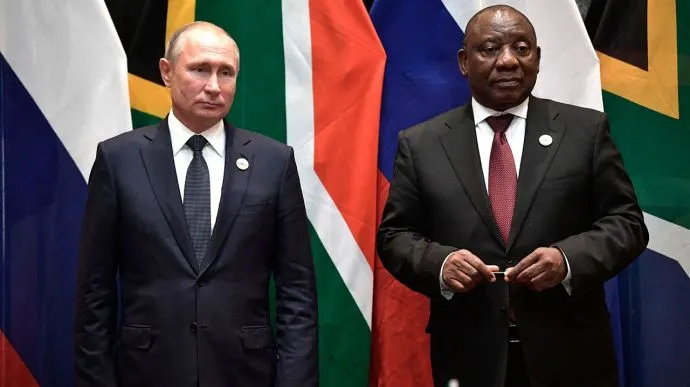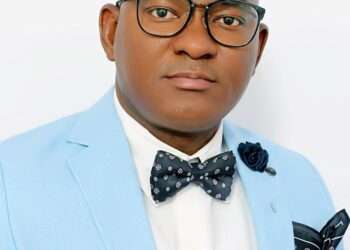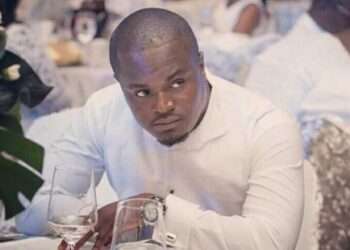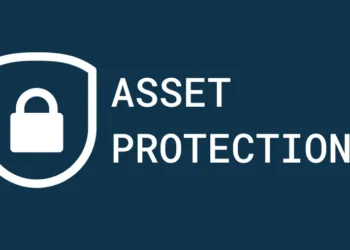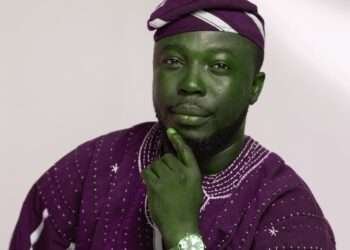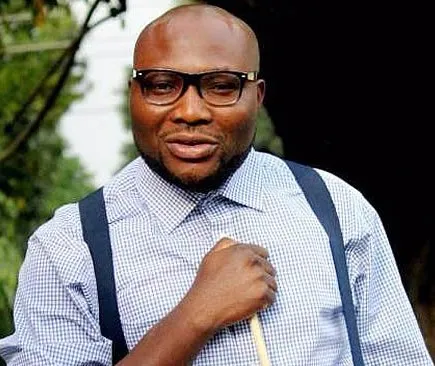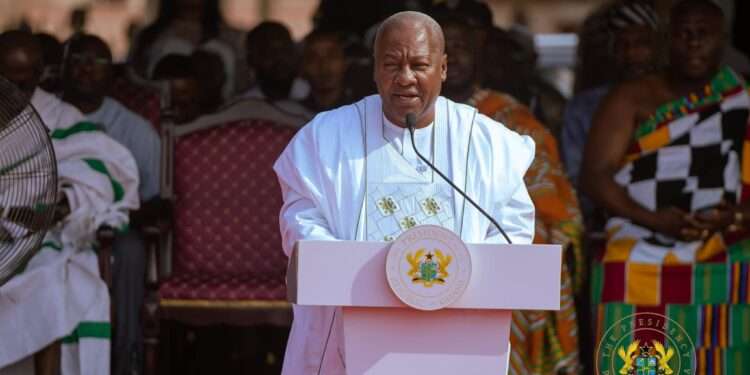It is needless to say that life is full of uncertainties. One cannot always tell what will occur next in a country’s political life. Presently, South Africa, most industrialized economy in Africa, finds itself between a rock and a hard place. The country has to decide whether to obey the International Criminal Court’s directive or defy it; either has consequences.
The ICC, which South Africa is a signatory to, has accused Vladimir Putin of war crimes, which include the kidnapping of Ukrainian children in Russia’s ongoing invasion of Ukraine.
Meanwhile, Putin is scheduled to travel to South Africa for the BRICS (Brazil, Russia, India, China and South Africa) summit in August, 2023.
As a signatory to the Rome Statute, South Africa is legally bound to detain Putin if he steps foot there and bring him to trial.
However, South Africa has close diplomatic relations with Moscow in spite of Western condemnations. South Africa is one of 15 African countries that abstained from a UN vote condemning Russia’s invasion. Last month, its navy held joint exercises with Russian forces off the coast of South Africa.
Dmytro Kuleba, Ukraine’s Foreign Minister, believes that the Republic of South Africa will not be able to ignore Russian President Vladimir Putin’s International Criminal Court (ICC) arrest warrant as Putin prepares to visit South Africa with an official visit.
In an instagram post, Kuleba stated that, “It is clear that South Africa will not refuse Putin in principle because he is their political ally… They held joint exercises, and a [Russian] ship marked with a letter Z had arrived there. But I don’t think that South Africa will be able to totally ignore the ICC warrant.”
Kuleba noted that if countries disregard the International Criminal Court arrest warrants, the ICC as an institution would suffer, so the ICC is interested in ensuring that its warrant is enforced.
A spokesperson for South African President, Cyril Ramaphosa acknowledged South Africa’s dilemma, but left room for a final decision. “We are, as the government, cognisant of our legal obligation,” Spokesperson Vincent Magwenya said.
“However, between now and the summit we will remain engaged with various relevant stakeholders,” he added.
Also, South Africa’s Foreign Minister, Naledi Pandor echoed this stance, saying that the government will have to discuss the arrest warrant against Russian President Vladimir Putin before considering any action.
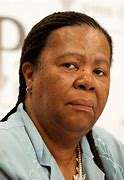
Pandor disclosed that the South African authorities will first consult with the Russian side regarding the warrant.
“South Africa will have to look at existing provisions of our legislation. We also will have to have a discussion as cabinet, as well as with our colleagues in Russia, and really determine the way forward.”
Naledi Pandor
Nonetheless, some authorities believe that South Africa cannot carry out ICC’s warrant in fear of Russia’s ire. David Monyae, Lecturer of Political Science and International Relations at the University of Johannesburg opined that South Africa has to find a way to handle this matter.
“This [South Africa] is a very tiny country. It is a small power. We absolutely have no mechanisms or means to go head-on with Russia.”
David Monyae
So far, President of South Africa, Cyril Ramaphosa, has been silent on the issue.
When Does ‘One Good Turn Deserves Another’ Lose Value?
South Africa’s governing African National Congress (ANC) also has long-standing ties with Russia. The USSR was of immense help to them during the apartheid era.
For three decades, from 1961 till 1991, the USSR supplied Umkhonto we Sizwe with arms, ammunition and equipment and gave military training to its cadres and leadership. No other country rendered such support to the ANC.
Umkhonto we Sizwe, which translates to Spear of the Nation, was a South African guerilla movement created in 1961 by Nelson Mandela, Walter Sisulu and other people from the African National Congress. It was created when the government started killing and hurting people who protested against apartheid.
This makes the ruling ANC somewhat indebted to Russia so arresting Putin seems quite like biting the hand that once fed them.
Leader of South African opposition minority party, the Economic Freedom Fighters (EFF), Julius Malema has stated that no one was going to arrest Putin while in South Africa, a country where Russia “played a huge role to support the struggle for freedom”.

“Putin is welcomed here. No one is going to arrest Putin. If need be, we will go and fetch Putin from the airport to his meetings. He will address, finish all his meetings, and we will take him back to the airport.”
Julius Malema
“We know our friends. We know the people who liberated us. We know the people who supported us,” he added.
Can South Africa look past its history and relation with Russia and bring Putin to book?
Anyways, the Russian President who said that he gives a “priority” to relations with African countries may decide to save South Africa from its geopolitical dilemma and choose not to attend the summit. Better still, Putin may opt to join the summit via video conference links or choose a representative to attend in his stead.
As host of this year’s BRICS summit, South Africa may, thus, postpone the gathering to a later date.
READ ALSO: ICC Vs Putin: When Push Comes To Shove

